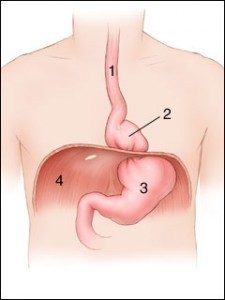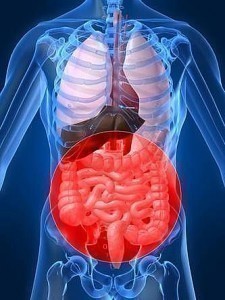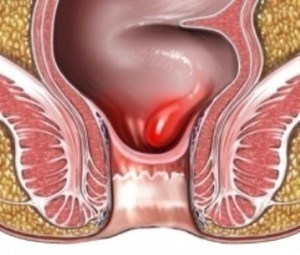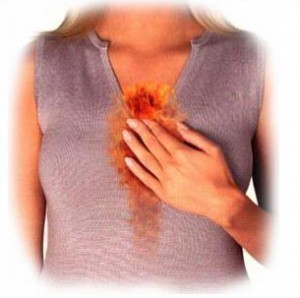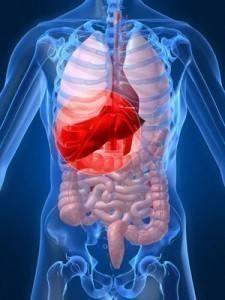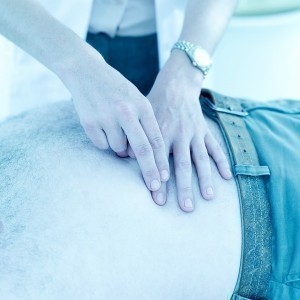Hemorrhoid Treatment
Located in the anal canal, hemorrhoids are vascular structures that aid in controlling stool. To put it simply, hemorrhoids consist of connective tissues and arterio-venous channels and they function like cushions to aid the smooth passage of stools. When these cushion-like structures get inflammed or swollen, it can lead to comlications such as painless rectal bleeding or is some cases, pain in the area surrounding the anus.
Types of Hemorroids and Their Symptoms
Before we discuss the treatment measures for hemorrhoids, let us understand some basic facts about them. Hemorrhoids can be of two types:
external hemorrhoids: These can be quite painful. They are usually located beneath the skin that surrounds the anus. They can result in itching and in causing pain while bowel movements occur.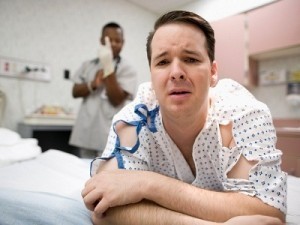
internal hemorrhoids: These are usually found inside the lining of the rectum and they are typically painless. They make their presence felt by causing rectal bleeding when bowel movements occur.
Causes of Hemorrhoids
When there is any kind of pressure on the venous tissues, as a consequence, swelling or inflammation is caused. This can occur due to severe constipation or while passing hardened stools. It could also occur during pregnancy due to the enlarged uterus. Another cause for the hemorrhoids to get affected is a diet that is low in fiber. Sitting for a long period of time every day can also result in affecting the venous tissues. Chronic liver disease, genetics and obesity are some more common causes that could lead to hemorrhoids.
Treatment of Hemorrhoids
Having understood some basic facts about hemorrhoids, let us now look at the treatment options for this problem.
Fortunately, there are several simple yet effective steps that can be implemented by the patients at home and in their day-to-day lives to get some relief from the problems caused by hemorrhoids. The following list includes some of these steps.
dietary alterations: This is perhaps one of the simplest and yet most effective steps that a person can take to counter the trouble caused by inflammed or swollen hemorrhoids. Consuming a diet rich in fiber (roughage) will help in decreasing the possibility of constipation. Hence, the pressure on the rectum and anus during a bowel movement can be reduced. The diet should be rich in fresh fruits, vegetables anf whole grains.
fluid intake: It is also very essential to increase fluid intake when one has hemorrhoids. This will aid with hydration and similar to having a diet that contains fiber, this will also help to reduce the possibility of developing constipation.
stool softeners: One also has the option of using stool softeners to combat hemorrhoids. Although this may not be a complete cure for the problem, it can provide some relief from the pain and discomfort. However, some laxatives may lead to runny stools and this can in turn result in causing an infection or an inflammation of the anus. Hence, it is best to consult a trained medical practitioner before you choose a stool softener.
exercise and activity: As mentioned earlier, obesity is also a possible cause of hemorrhoids. Also, sitting in a place for a long time can result in exercising pressure on the hemorrhoidal veins. Therefore, it is best to have a regular exercise routine and avoid sitting in the same place for prolonged periods.
sitz baths: People with hemorrhoid problems can also try stting in a warm bath for about 15-20 minutes, two to three times every day. This can help soothe the inflammation. However, it is very important to dry the anal area completely after each sitz bath in order to avoid the irritation of the skin surrounding the anus.
over-the-counter drugs: Over-the-counter medications can also help when one has hemorrhoids. There are a lot of over-the-counter medications that are available in the market and they come in different forms such as ointments, creams and suppositories. However, since there are a variety of over-the-counter medications, it is best to consult a physician to get the best advice possible.
Medical Treatment for Hemorrhoids
Apart from the above mentioned treatments, when the hemorrhoid continues to remain swollen or inflamed without any respite, medical treatment maybe required. This could be a surgical procedure. When external thrombosed hemorrhoids are formed, they can lead to the formation of a blood clot that is like a hard lump in the anus. This cannot be pushed back inside with gentle pressure alone and may need to be removed surgically after making a small incision.
In milder cases, doctors usually treat patients by bulking up the stools and advising the usage of hot sitz baths. For those who experience intolerable pain and intense swelling, doctors will opt to remove the blood clot.
Prolapsed internal hemorrhoids are those which you are unable to push back up the anus. Doctors usually have to reduce them in order to gently push them back into their proper place. If the hemorrhoids remain trapped through a patient’s anus, an infection can spread through the blood. Doctors will uthen choose to opt for surgery as part of the hemorrhoid treatment.

